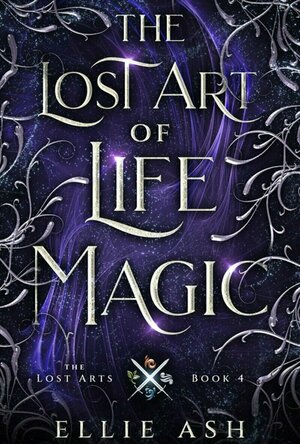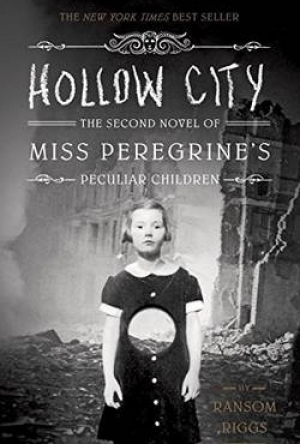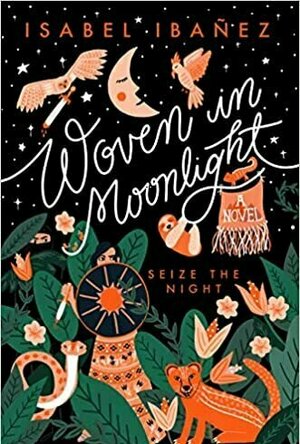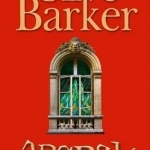
Abarat 2: Days of Magic, Nights of War
Book
A dazzling fantasy adventure for all ages, the second part of a quartet appearing at two yearly...
Becs (244 KP) rated Hollow City: The Second Novel of Miss Peregrine's Children in Books
Oct 2, 2019
Synopsis: September 3, 1940. Ten peculiar children flee an army of deadly monsters. And only one person can help them—but she’s trapped in the body of a bird. The extraordinary journey that began in Miss Peregrine’s Home for Peculiar Children continues as Jacob Portman and his newfound friends journey to London, the peculiar capital of the world. There, they hope to find a cure for their beloved headmistress, Miss Peregrine. But in this war-torn city, hideous surprises lurk around every corner. And before Jacob can deliver the peculiar children to safety, he must make an important decision about his love for Emma Bloom.
Genre: Fantasy, Young Adult, Paranormal, Fiction
Audience/Reading Level: Middle School+
Interests: Fantasy, Young Adult, Paranormal
Style: Light Read
Point of View: Third Person
Difficulty Reading: It was a very easy read and know even younger individuals will be able to understand what the underlying meaning of the story is.
Promise: Like its predecessor, this second novel in the Peculiar Children series blends thrilling fantasy with newly discovered (and thoroughly mesmerizing) vintage photography to create a one-of-a-kind reading experience that will delight readers of all ages.
Quality: Like your favorite cake with extra whip cream and ice cream. 😉
Insights: When I first read this series, I read Tales of the Peculiar by Ransom Riggs first to get a better understanding of the characters since I had a feeling that there was going to be a lot of references to it. I was right. I honestly fell in love with this series and love the way that Ransom Riggs writes. It just captures my attention and transports me into a world of fantasy that is a great escape from reality!
Favorite Quotes: “Laughing doesn’t make bad things worse any more than crying makes them better.”
“There was romance in the unknown, but once a place had been discovered and cataloged and mapped, it was diminished, just another dusty fact in a book, sapped of mystery. So maybe it was better to leave a few spots on the map blank. To let the world keep a little of its magic, rather than forcing it to divulge every last secret. Maybe it was better, now and then, to wonder.”
What will you gain: A love of a new fantasy world that will make you wish, you too were a part of the Peculiar children’s world.
Aesthetics: I absolutely love the vintage style this series has. The photographs help give an idea of who and what the characters look like. The way that Ransom Riggs writes, just draws anybody of any age into the plot and storyline, like an enchantment that takes you from the real world, into a world filled with magic, hope, love, and adventure.
“Some truths are expressed best in the form of myth.”
lurkykitty (3 KP) rated Woven in Moonlight in Books
Mar 25, 2020
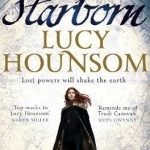
Starborn: The Worldmaker Trilogy: Book One
Book
Shortlisted for the 2016 David Gemmell Morningstar Award for Best Debut Death and destruction will...
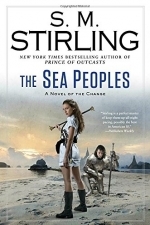
The Sea Peoples: A Novel of the Change
Book
S. M. Stirling’s Novels of the Change are a “truly original combination of postapocalyptic...
Science fiction fantasy
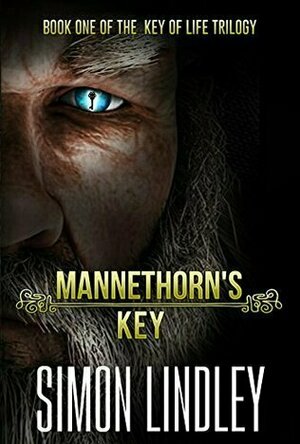
Mannethorn's Key (Key of Life Trilogy #1)
Book
"At the end of an age, a Bearer wielded the Key of Life and ended Dragon's Rule. Such powers and...
Epic Fantasy
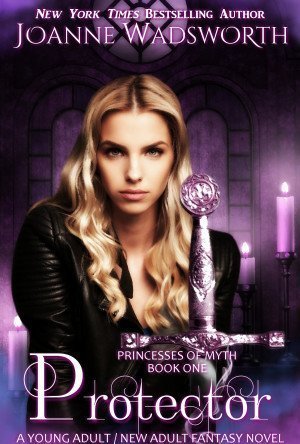
Protector
Book
In a world divided by war, a rival prince and princess shall meet... Here comes a young adult...
fantasy science fiction magic YA
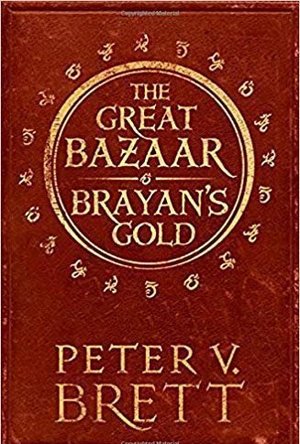
The Great Bazaar and Brayan's Gold
Book
Two exciting short stories set in the engrossing world of The Demon Cycle from bestselling fantasy...
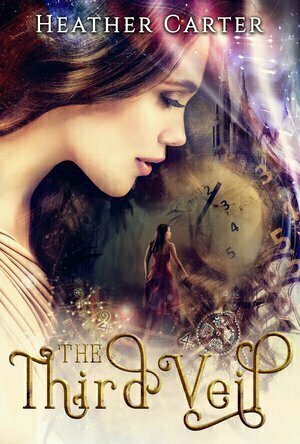
The Third Veil
Book
Two halves, one soul… Can Seven find it within her battered heart and fractured soul to trust in...
Adult Fantasy Romance Portal Fantasy Victorian
